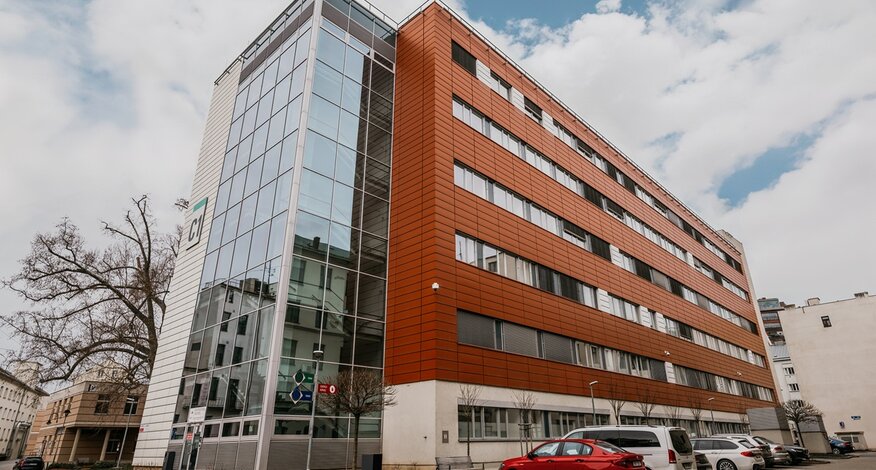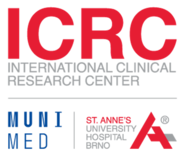ICRC
Expertise and focus
ICRC is a shared workplace of St. Anne’s University Hospital and the Faculty of Medicine at Masaryk University in Brno, making it a unique combination of hospital and academical environment. The main focus is on protein engineering, computational and structural biology, AI/ML for proteins, microfluidics, bioinformatics, and neurodegeneration.
ICRC has over 30 years of experience with the interdisciplinary research in the field of protein engineering. The Protein Engineering Group of ICRC is one of the leaders in the field in Europe. The group's research activities aim to elucidate the structure-function relationships of proteins, improve their functionalities for biotechnologies, understand the mechanisms of Alzheimer's disease, and develop novel drugs for acute stroke.
The group’s extensive expertise in computational biology, molecular biology, structural biology, biochemistry, enzymology, biophysics, microfluidics, bioinformatics, and machine learning has already resulted in over 300 publications in high impact journals, 11 international patents, 2 databases, 12 software tools for the broad science community of protein engineers with over 300 000 executed jobs in total (see details HERE).
The group is the founding member of ELIXIR, which brings together life science resources in Europe, and has long-term collaborations with top internationally recognized research institutions, e.g., Mayo Clinic, University of Cambridge, ETH Zurich, Massachusetts Institute of Technology, Weismann Institute, DTU, and others.
Role in CLARA
In CLARA, the ICRC teams will focus on clinical research and the study of biomarkers of Alzheimer’s disease, in particular on molecular and structural basis using combined experimental and theoretical approaches.
In addition to scientific excellence, ICRC will provide the project with strong support. It will make a significant contribution to ethical compliance, training and educational programs, innovation management, and exploitation strategy and its implementation.
Our research focus at CLARA includes the study of proteins involved in neurodegenerative diseases and their interactions with other biomolecules. Our ambition is to leverage recent major advances in quantum-accelerated supercomputing and large-scale ML for molecular biology to revolutionize the study of protein dynamics and aggregation, especially in the context of neurodegenerative diseases. In particular, we will be studying apolipoprotein E (apoE) due to its strong genetic association with Alzheimer’s disease.
We will address key open scientific challenges related to the complex nature of apoE functioning, incomplete understanding of apoE activity, and difficulty studying interactions between apoE and lipids. Overall, our goal is to provide new valuable insights into the biochemical basis of neurodegeneration and facilitate the development of mechanism-based drugs, with the outcomes shared with the scientific community.
Representatives
"At CLARA, our research focuses on proteins involved in neurodegenerative diseases. By harnessing quantum-accelerated supercomputing and machine learning for protein analysis and drug design, we aim to transform the study of protein dynamics and aggregation in Alzheimer’s disease. Our work centers on apolipoprotein E (apoE), a protein strongly linked to Alzheimer’s, as we tackle key challenges related to its complex function and interactions with lipids."
"This project tackles the key scientific challenges surrounding proteins involved in neurodegenerative diseases. By harnessing cutting-edge advancements in machine learning, quantum computing, and high-throughput protein characterization, we aim to elucidate the roles of critical molecular players. With these insights, our goal is to identify novel biomarkers and pave the way for innovative drug design."
Contact
International Clinical Research Center, St. Anne's University Hospital
Pekařská 53
60200 Brno
Czech Republic
Identification Number: 00159816



